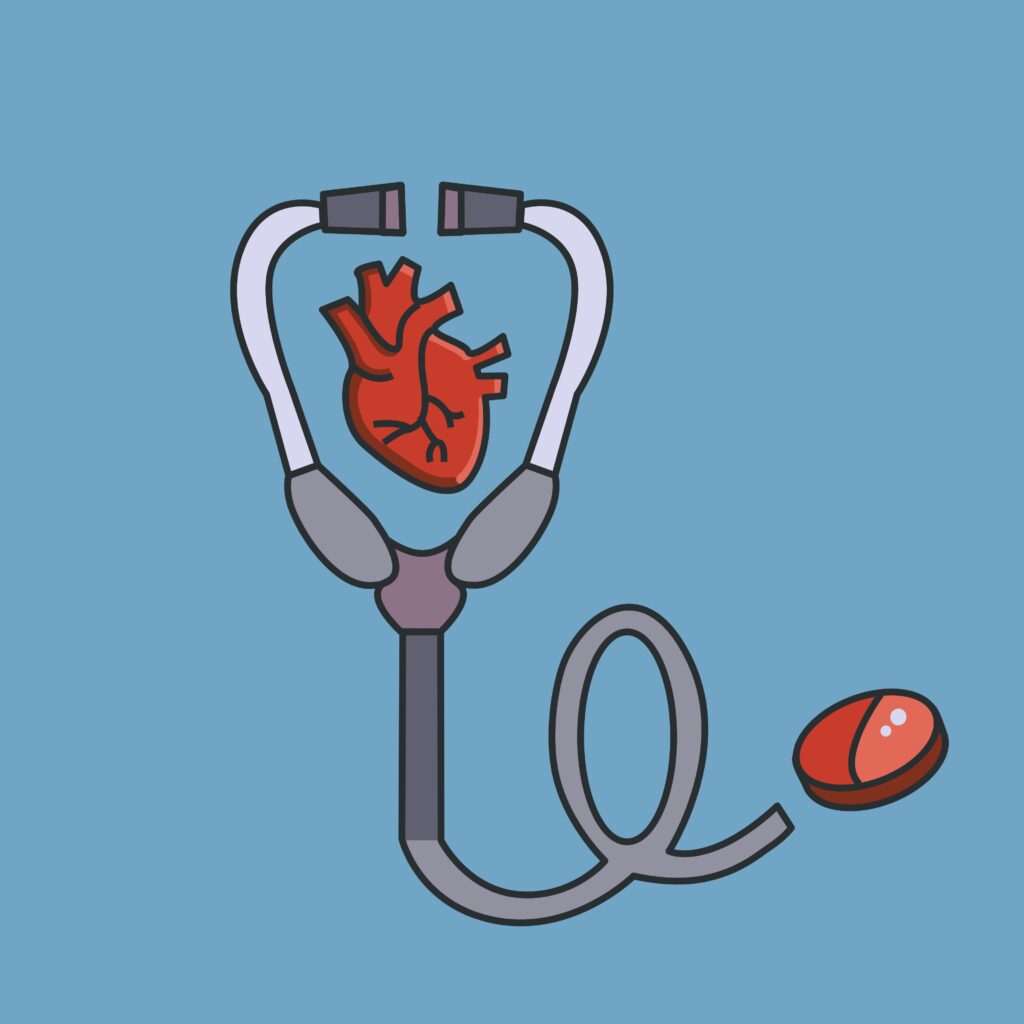
Arrhythmias, or irregular heartbeats, can be influenced by a variety of factors, including lifestyle, underlying health conditions, and medications. While some drugs help regulate heart rhythm, others can unintentionally trigger or worsen arrhythmias. Understanding which medications impact heart function and how to manage potential side effects is crucial for maintaining optimal cardiovascular health.
Medications That Can Influence Heart Rhythms

Several types of medications can affect the heart’s electrical signals, leading to changes in rhythm. These include:
Antiarrhythmic Drugs
Some medications designed to treat arrhythmias can also cause them in certain cases. These drugs work by modifying electrical impulses in the heart, but they must be carefully managed.
Examples: Amiodarone, Flecainide, Sotalol
Potential Effects: While they help regulate heartbeat, they can sometimes cause bradycardia (slow heart rate) or proarrhythmic effects (worsening irregular rhythms).
Beta-Blockers and Calcium Channel Blockers
These medications are commonly used to manage high blood pressure and heart conditions, including atrial fibrillation.
Examples: Metoprolol, Propranolol, Verapamil, Diltiazem
Potential Effects: They slow heart rate and reduce the workload on the heart but may cause excessively slow heartbeats in some individuals
Diuretics
Often prescribed for high blood pressure and heart failure, diuretics help remove excess fluid from the body. However, they can lead to electrolyte imbalances, which may trigger arrhythmias.
Examples: Furosemide, Hydrochlorothiazide, Spironolactone
Potential Effects: Low potassium or magnesium levels can cause irregular heartbeats, palpitations, or even dangerous arrhythmias.
Psychiatric Medications
Certain antidepressants and antipsychotics can interfere with heart rhythms by prolonging the QT interval, which increases the risk of dangerous arrhythmias.
Examples: Citalopram, Fluoxetine, Haloperidol, Quetiapine
Potential Effects: QT prolongation can lead to life-threatening conditions like Torsades de Pointes.
Over-the-Counter (OTC) and Commonly Used Medications
Some everyday medications can influence heart rhythm, even if they are not directly related to cardiovascular health.
Decongestants (Pseudoephedrine, Phenylephrine): These can raise blood pressure and heart rate, potentially triggering arrhythmias.
Nonsteroidal Anti-Inflammatory Drugs (NSAIDs) (Ibuprofen, Naproxen):Can increase blood pressure and fluid retention, which may indirectly affect heart rhythm.
Certain Antibiotics (Azithromycin, Ciprofloxacin): Known to prolong the QT interval and increase arrhythmia risk.
Managing Side Effects and Risks

Regular Monitoring
Have your heart rhythm and vital signs checked periodically, especially when starting a new medication.
Consider using a heart-monitoring app or wearable device for real-time tracking.
Electrolyte Balance
Ensure proper potassium and magnesium levels through diet (e.g., bananas, leafy greens, nuts) or supplements if recommended by your doctor.
Stay hydrated and avoid excessive caffeine or alcohol, which can impact electrolyte balance.
Medication Adjustments
Never stop or adjust your medication dosage without consulting your doctor.
If you experience palpitations, dizziness, or fainting, seek medical advice immediately.
Lifestyle Modifications
Engage in moderate exercise to support heart health, but avoid overexertion if you have known arrhythmias.
Reduce stress through relaxation techniques, as anxiety can exacerbate irregular heartbeats.
Maintain a heart-healthy diet low in sodium and processed foods.
When to Seek Medical Help

Certain symptoms should prompt immediate medical attention:
**Persistent palpitations or a racing heart
**Dizziness, fainting, or shortness of breath
**Chest pain or discomfort
**Swelling in the legs or rapid weight gain (potential signs of heart failure)
Medications Can Affect Heart Rhythm

Medications play a crucial role in treating and managing various health conditions, but some can also affect heart rhythm. By understanding which drugs pose a risk and taking proactive measures to manage side effects, you can reduce your likelihood of developing arrhythmias.
Always consult your healthcare provider before making any changes to your medication regimen, and stay informed about how different treatments influence your heart health. We want it beating regularly for a long time!

